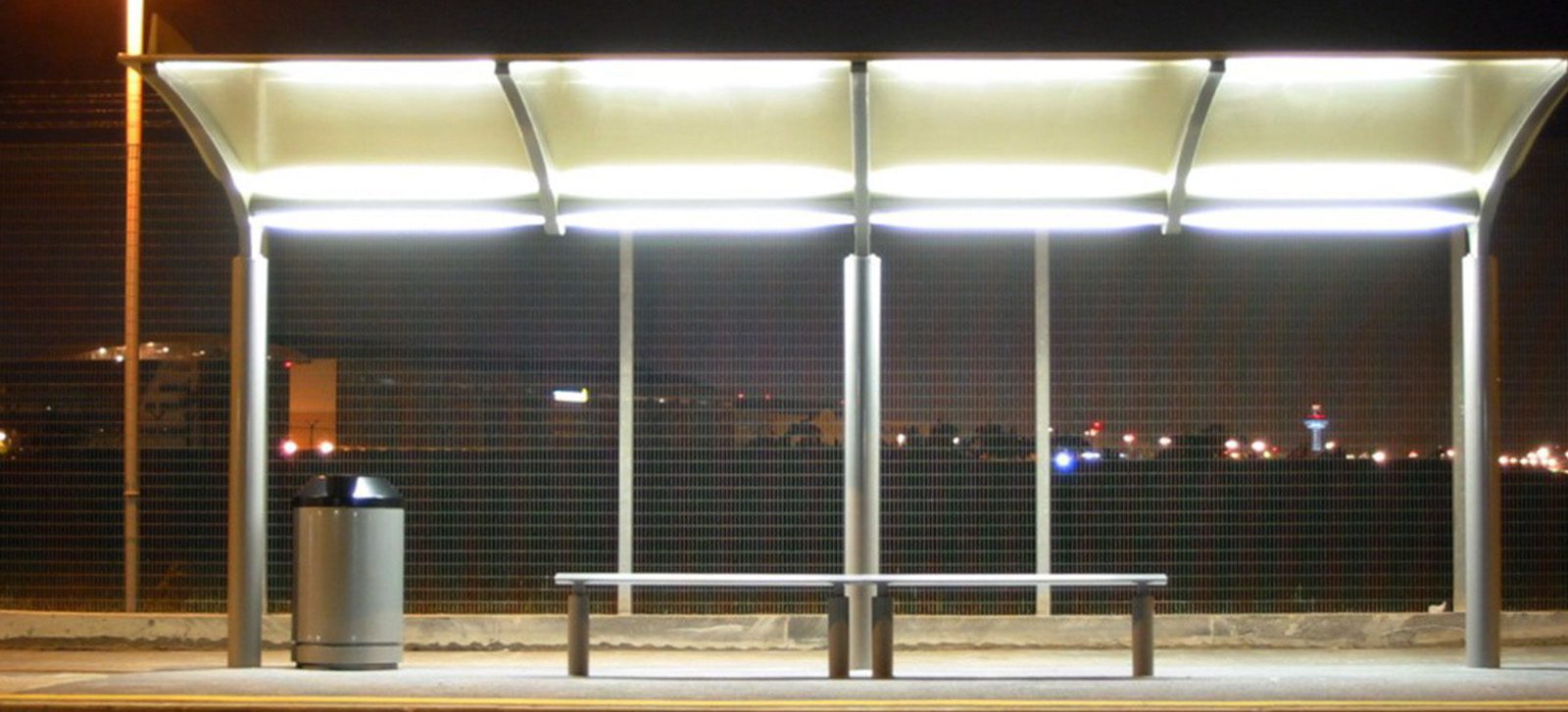
Doing More With Less: The Future Of Pharmaceutical Sampling
ARTICLE BY
Tony Coulson
Move over, weather. Hit the showers, Maple Leafs.
Transit has become the new conversation starter in the GTA. Regardless of venue, company or context, it seems that every conversation touches on the subject of one’s commute. Yes, tales of lengthy, unpredictable commutes have usurped discussions about wind chill, humidity and playoff runs.
These anecdotes play out in the data, too. For the last five years, transit and transportation has topped the list of the most important local issue facing the GTA. In fact, it garners twice as many mentions as the next nearest issue, the cost of living.
As transportation has grown in significance to the GTA, residents’ views on the subject have evolved and coalesced. To start, residents are casting aside parochial interests in favour of systemic change. Perhaps a reflection of how many commutes cross municipal boundaries, a strong majority prefer a regional solution to our transit woes over piecemeal local efforts. Even a majority of those who only drive accept that they should shoulder some of the financial commitment required of a new transit system.
when pressed, most residents don’t have strong feelings on transit modes.
Find out how Environics can help your organization
Related insights



Toronto
366 Adelaide Street West
Suite 101, Toronto, ON
Canada M5V 1R9
416 920 9010
Ottawa
116 Albert St
Suite 300, Ottawa, ON
Canada K1P 5G3
613 230 5089
Calgary
421 7th Ave SW
Suite 3000, Calgary, AB
Canada T2P 4K9
403 613 5735
